Conflict arises in the small town of Holly Springs when an old woman’s death causes a variety of reactions among family and friends.
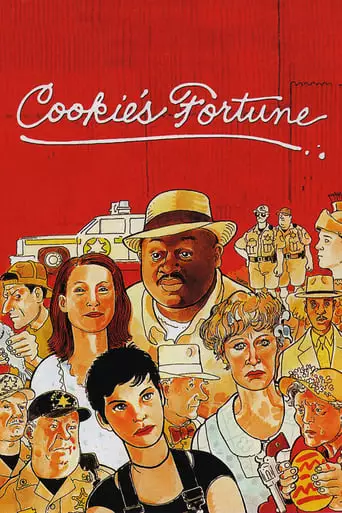
Conflict arises in the small town of Holly Springs when an old woman’s death causes a variety of reactions among family and friends.
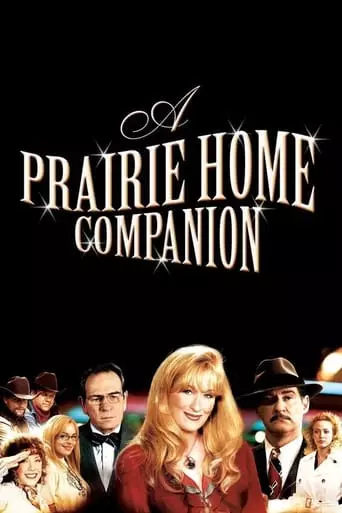
A look at what goes on backstage during the last broadcast of America’s most celebrated radio show, where singing cowboys Dusty and Lefty, a country music siren, and a host […]
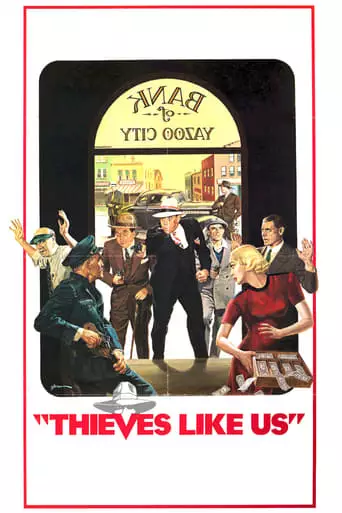
Bowie, a youthful convicted murderer, and bank robbers Chicamaw and T-Dub escape from a Mississippi chain gang in the 1930s. They hole up with a gas station attendant and continue […]
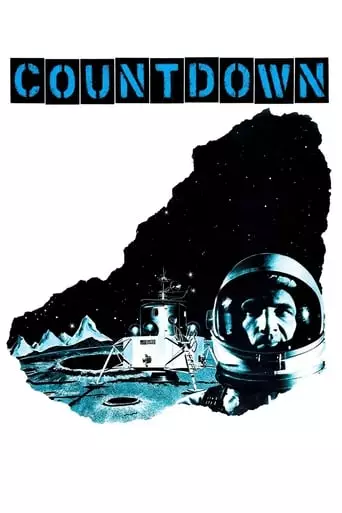
Desperate to land a man on the moon before Russia does, NASA hastily preps a would-be spaceman for a mission that would leave him alone in a lunar shelter for […]
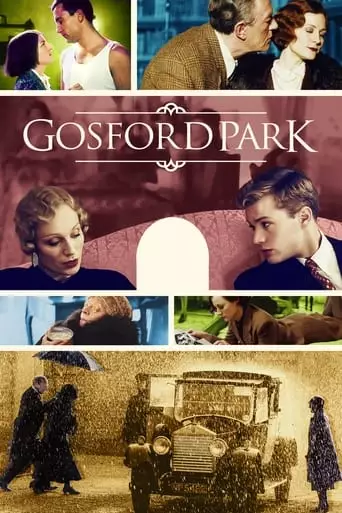
In 1930s England, a group of pretentious rich and famous gather together for a weekend of relaxation at a hunting resort. But when a murder occurs, each one of these […]

Two co-workers, one a vain woman and the other an awkward teenager, share an increasingly bizarre relationship after becoming roommates. 3 Women (1977), directed by Robert Altman, is a surreal […]
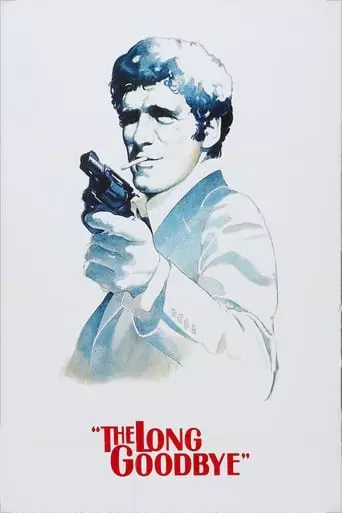
In 1970s Hollywood, Detective Philip Marlowe tries to help a friend who is accused of murdering his wife.
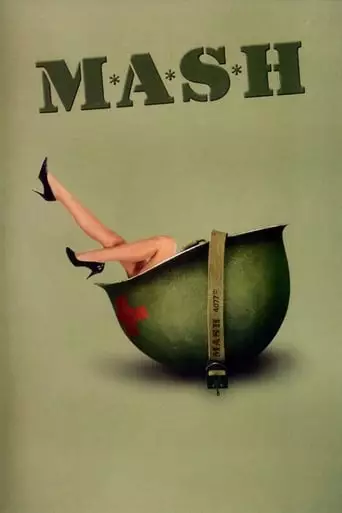
The staff of a Korean War field hospital use humor and hijinks to keep their sanity in the face of the horror of war.
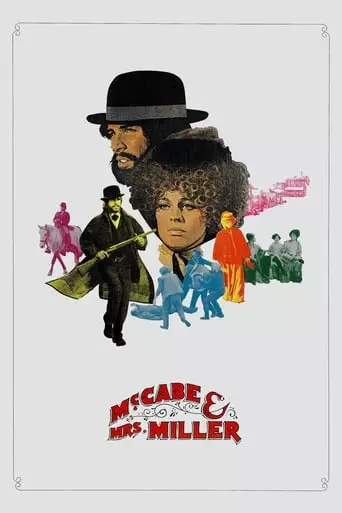
A gambler and a prostitute become business partners in a remote Old West mining town, and their enterprise thrives until a large corporation arrives on the scene.
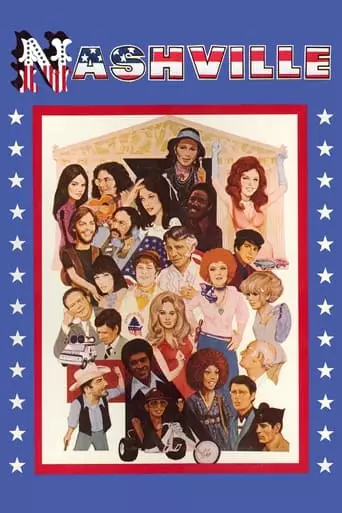
The intersecting stories of twenty-four characters—from country star to wannabe to reporter to waitress—connect to the music business in Nashville, Tennessee. Nashville (1975), directed by Robert Altman, is a sprawling, […]
Robert Altman: The Maverick of American Cinema
Robert Altman was one of the most distinctive and influential directors in the history of American filmmaking. Known for his unorthodox narrative structures, ensemble casts, and a penchant for blending satire with humanism, Altman crafted a body of work that defied Hollywood conventions. With landmark films like MASH* (1970), Nashville (1975), and The Player (1992), Altman explored the complexities of American life, leaving behind a legacy that continues to inspire filmmakers worldwide.
Early Life and Career
Born on February 20, 1925, in Kansas City, Missouri, Robert Altman grew up with a keen interest in storytelling and the arts. After serving as a bomber pilot in World War II, he ventured into filmmaking, starting with industrial and documentary films.
Altman moved to Hollywood in the 1950s, where he directed episodes for television series like Alfred Hitchcock Presents and Bonanza. These years honed his skills and prepared him for his transition to feature filmmaking.
Breakthrough with MASH*
Altman’s breakthrough came in 1970 with MASH*, a black comedy set in a Korean War field hospital. The film’s irreverent humor, overlapping dialogue, and satirical take on war were groundbreaking, earning critical acclaim and commercial success. Winning the Palme d’Or at Cannes and an Academy Award for Best Adapted Screenplay, MASH* firmly established Altman as a bold and unconventional voice in American cinema.
Hallmarks of Altman’s Filmmaking
Ensemble Casts
Altman often worked with large, diverse casts, allowing multiple characters to shine. His films, such as Nashville and Short Cuts (1993), weave together intersecting storylines, creating rich, tapestry-like narratives.
Overlapping Dialogue
One of Altman’s signature techniques was the use of overlapping dialogue, achieved through multi-track recording. This style mirrored the chaotic rhythm of real-life conversations, immersing audiences in the worlds he created.
Satirical Edge
Altman’s films often critiqued societal institutions, including the military (MASH*), politics (Tanner ’88), Hollywood (The Player), and religion (A Wedding). His sharp wit and skepticism made his work both provocative and deeply resonant.
Improvisation and Experimentation
Altman encouraged improvisation among his actors, fostering a sense of spontaneity and authenticity in his films. His willingness to experiment with narrative structures and cinematic techniques set him apart from his contemporaries.
Landmark Films
Nashville (1975)
A sprawling examination of American politics and culture, Nashville interweaves the lives of 24 characters in the country music capital. With its bold narrative style, political commentary, and original music, the film is widely regarded as Altman’s masterpiece. It earned multiple Academy Award nominations, including Best Picture.
McCabe & Mrs. Miller (1971)
This revisionist Western, starring Warren Beatty and Julie Christie, subverted the genre’s traditional tropes with its atmospheric cinematography and melancholic tone. Often referred to as an “anti-Western,” the film is now considered one of the greatest in its genre.
The Player (1992)
Altman’s scathing satire of Hollywood centers on a morally compromised studio executive, played by Tim Robbins. Featuring a star-studded cast and numerous cameos, The Player revived Altman’s career and earned him a Best Director nomination at the Oscars.
Gosford Park (2001)
A murder mystery set in a British country estate, Gosford Park is both a whodunit and a biting social commentary. The film’s intricate storytelling and ensemble cast, including Maggie Smith and Helen Mirren, earned widespread acclaim and an Academy Award for Julian Fellowes’ screenplay.
Short Cuts (1993)
Based on stories by Raymond Carver, Short Cuts presents a mosaic of interconnected lives in Los Angeles. The film’s exploration of love, loneliness, and disconnection was praised for its depth and ambition.
Challenges and Resilience
Altman’s career was not without its challenges. The commercial failures of films like Popeye (1980) and Quintet (1979) led to periods of financial struggle and creative uncertainty. However, Altman’s resilience and unwavering commitment to his artistic vision allowed him to continually reinvent himself, returning to critical and commercial success multiple times.
Legacy
Robert Altman’s influence on cinema is immeasurable. His boundary-pushing techniques and refusal to conform to Hollywood norms inspired generations of filmmakers, including Paul Thomas Anderson, Quentin Tarantino, and Noah Baumbach.
Altman received numerous accolades throughout his career, including an honorary Academy Award in 2006 for “a career that has repeatedly reinvented the art form and inspired filmmakers and audiences alike.” His films continue to be studied and celebrated for their innovation, depth, and humanity.
Conclusion
Robert Altman was a true maverick, unafraid to challenge conventions and take risks. His films remain a testament to the power of cinema as an art form capable of reflecting the complexities of human experience. Whether satirizing societal norms or exploring the intricacies of human relationships, Altman’s work resonates with audiences and filmmakers alike, ensuring his place as one of the great auteurs in cinematic history.